Bismaleimide resin powder manufactured by Yangchen Tech are versatile and high-performance materials used in various adhesive applications due to their exceptional properties such as thermal stability, mechanical strength, and chemical resistance.
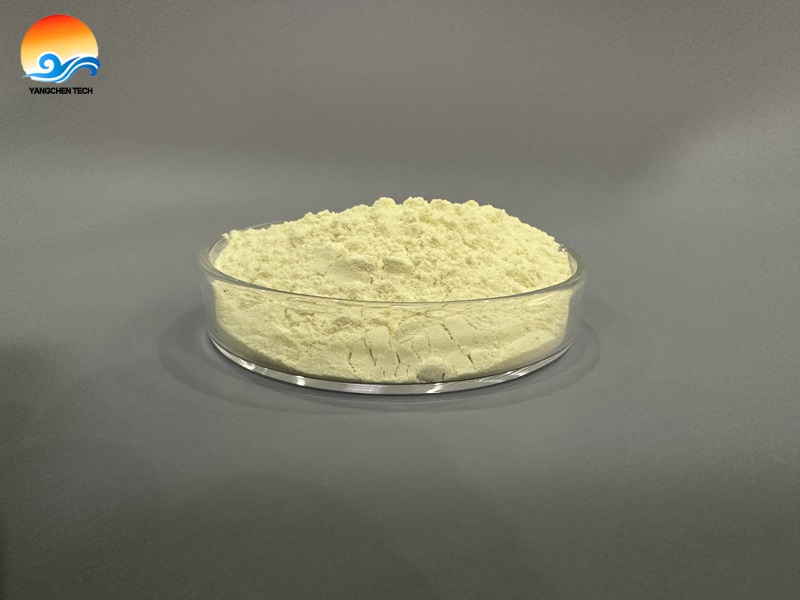
Certification of Analysis by Yangchen Tech
|
ITEM |
Limits |
Results |
|
Appearance |
Yellow powder |
Yellow powder |
|
Solubility |
Dissolved, with trace impurities |
Fully soluble, clear |
|
Melting Point℃ |
150-160 |
155-158 |
|
Ash% |
≤0.3 |
0.06 |
|
Water% |
≤0.5 |
0.12 |
|
Acidity mgkoH/g |
≤5 |
1.0 |
|
Gel time |
≤300 |
160 |
Applications of Bismaleimide Resin in Adhesives
1. Aerospace Industry:
Structural Bonding: Used for bonding critical structural components in aircraft and spacecraft. Their high thermal resistance and mechanical strength make them ideal for applications where durability and reliability are paramount.
Composite Materials: Essential in bonding composite materials used in aircraft parts, ensuring strong, durable, and lightweight structures.

2. Automotive Industry:
HighPerformance Components: Employed in bonding highperformance components such as engine parts, heat shields, and exhaust systems. The adhesives need to withstand high temperatures and mechanical stresses.
Lightweight Structures: Used to bond composite materials and lightweight structures in vehicles, contributing to overall weight reduction and improved fuel efficiency.
3. Electronics Industry:
Microelectronics Assembly: Used in the assembly of microelectronic devices where thermal stability and low dielectric constants are critical.
Printed Circuit Boards (PCBs): Applied in bonding layers within PCBs, ensuring the stability and reliability of electronic circuits under thermal and electrical stress.
4. Defense Industry:
Weapon Systems and Military Equipment: Utilized in assembling weapon systems and military equipment that must endure harsh environmental conditions and high mechanical stresses.
Armored Vehicles: Applied in bonding materials for armored vehicles, providing enhanced durability and impact resistance.
5. Industrial Applications:
High Temperature Machinery: Suitable for bonding components in industrial machinery and equipment that operate at high temperatures and require robust adhesive performance.
Chemical Processing Plants: Used in bonding components exposed to aggressive chemicals and high temperatures, ensuring longlasting and reliable bonds.
6. Marine Industry:
Boat Manufacturing: Used in constructing and repairing boats, offering excellent resistance to water, salt, and harsh marine conditions.
Offshore Structures: Applied in bonding components of offshore platforms and other marine infrastructure, ensuring robust and durable performance in demanding environments.
7. Sports and Leisure:
High Performance Sports Equipment: Employed in manufacturing highperformance sports equipment such as racing bicycles, skis, and other gear, where lightweight and strong bonding are essential.
Recreational Vehicles: Used in bonding components of recreational vehicles, ensuring durability and resistance to various environmental conditions.
Advantages of BMI Resins in Adhesives
High Thermal Stability: Can withstand high temperatures without degradation.
Excellent Mechanical Strength: Provides strong and durable bonds.
Chemical Resistance: Resistant to a wide range of chemicals and solvents.
Low Dielectric Constant: Suitable for electronic applications where electrical insulation is important.
LongTerm Durability: Maintains performance over extended periods, even in harsh conditions.
Bismaleimide resins are crucial for producing highperformance, reliable, and durable adhesives used in various advanced industrial applications.Welcome Inquire!
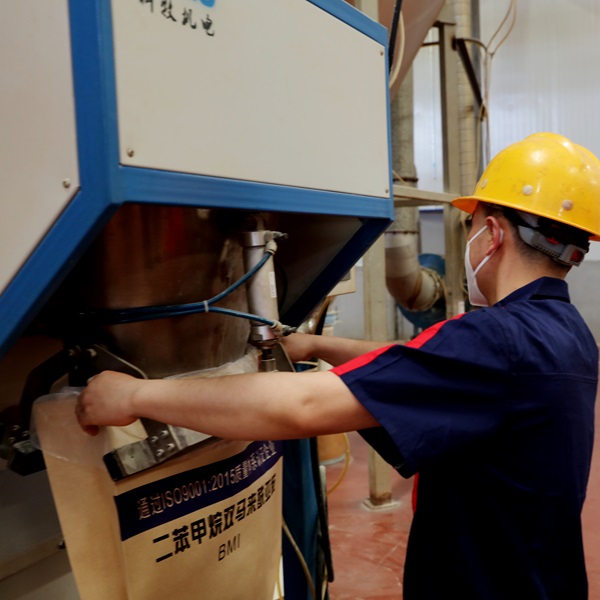
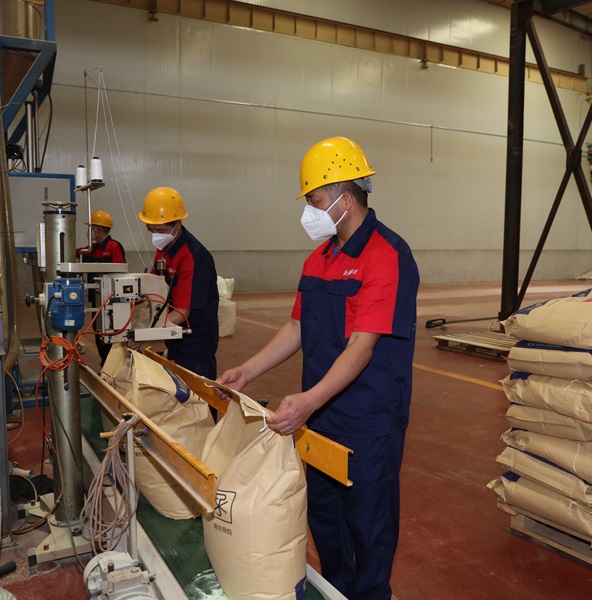
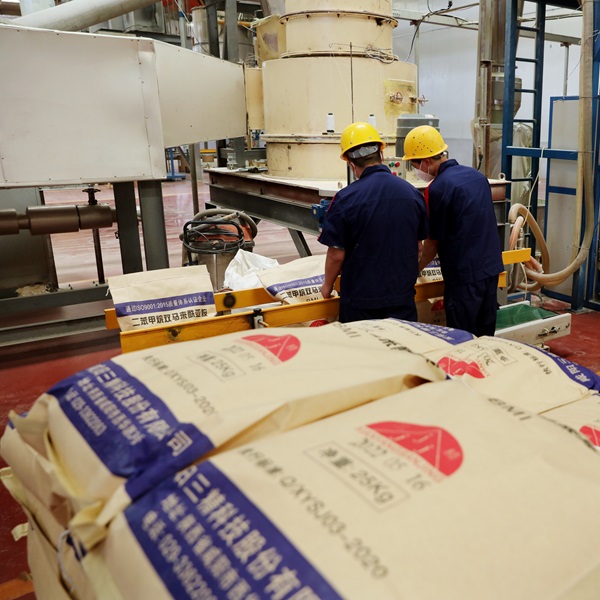





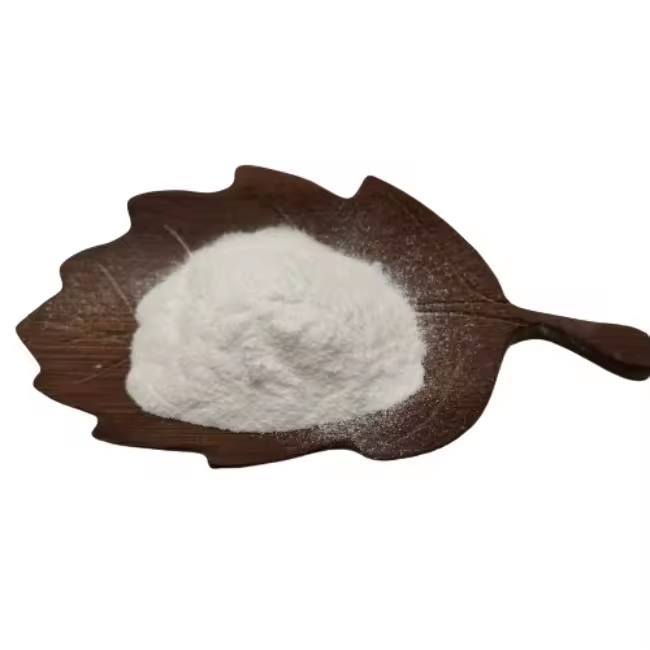
 1. Wheels: Powder coating is often used to enhance the appearance of wheels and provide protection against chips, scratches, and corrosion.
1. Wheels: Powder coating is often used to enhance the appearance of wheels and provide protection against chips, scratches, and corrosion.